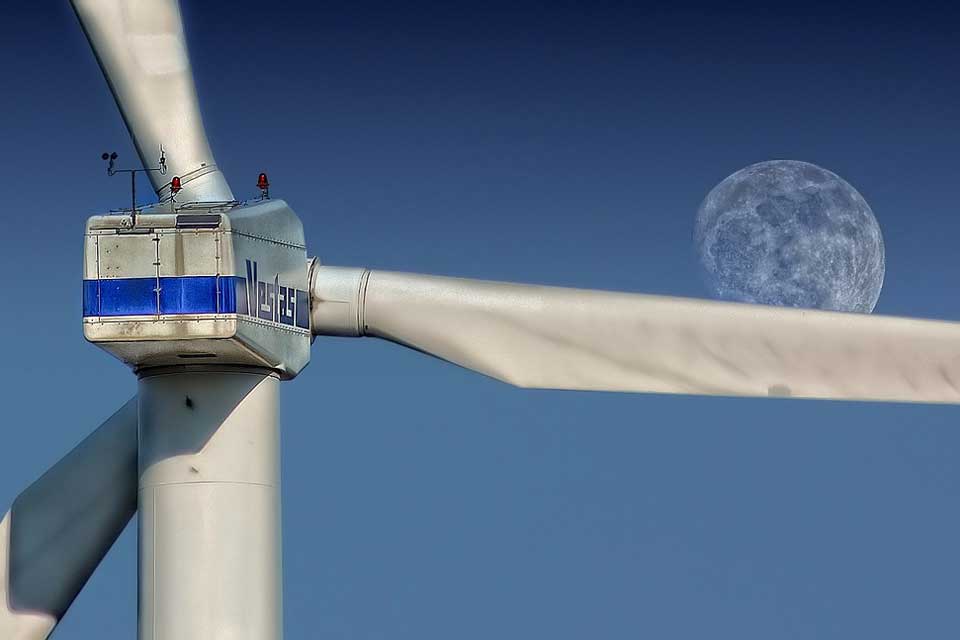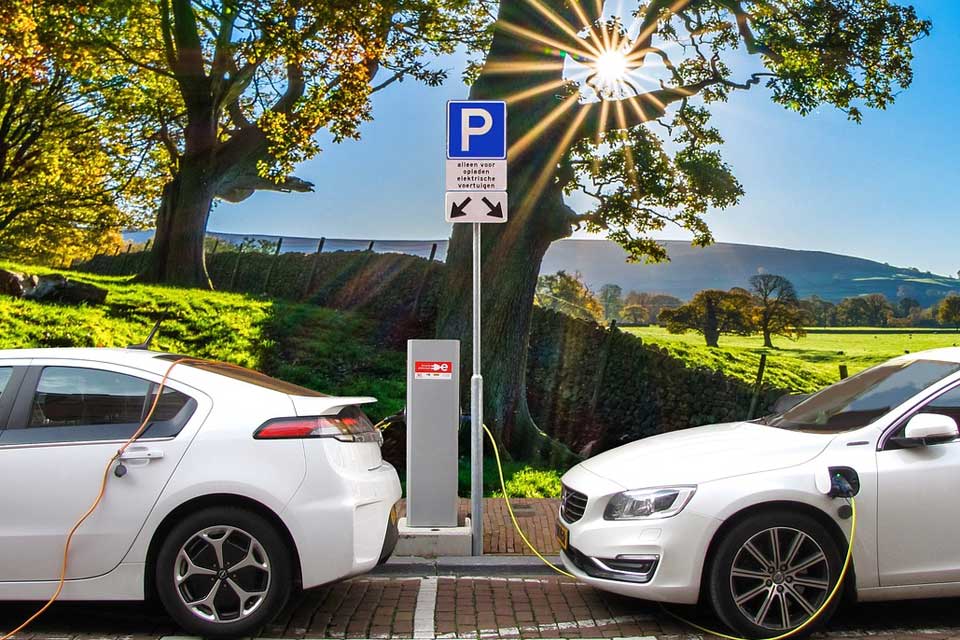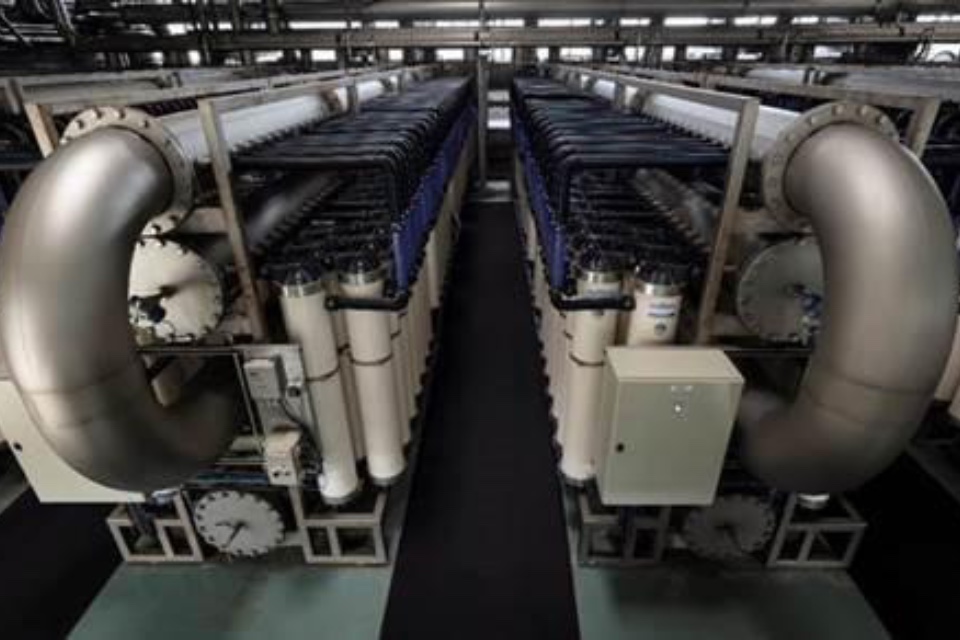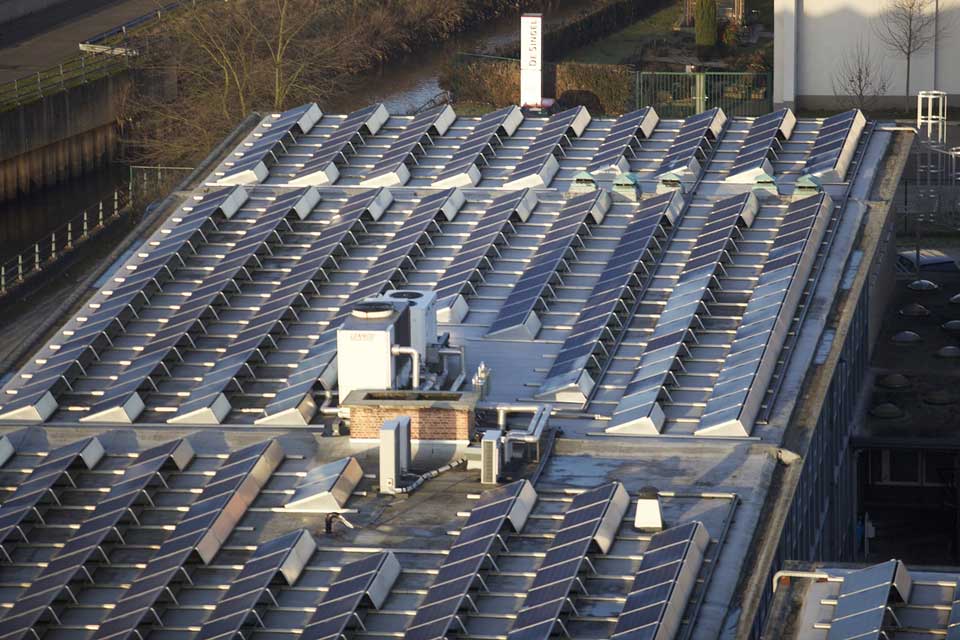Interest rate cuts to create energy transition investment ‘megatrend’?
https://energymanagementsummit.co.uk/wp-content/uploads/2022/01/UN-investment-5241253_1280.jpg 960 640 Stuart O'Brien Stuart O'Brien https://secure.gravatar.com/avatar/81af0597d5c9bfe2231f1397b411745a?s=96&d=mm&r=gThe energy transition could be one of the investment megatrends this year and beyond as interest rates are likely to be cut, says the CEO of one of the world’s largest independent financial advisory, asset management and fintech organisations.
The comments from deVere Group’s Nigel Green come as central banks around the world continue to hold rates steady for the time being, but with growing expectations that they will begin to cut them in the first half of this year.
He says: “Investing in renewable energy infrastructure, such as utility-scale solar and wind farms, demands significant upfront capital.
“As such when interest rates are high, the return on investment for these projects can be adversely affected, leading developers to hesitate and potentially put new projects on the back burner.
“Beyond the large transitional projects, the industrial sphere has been delving into alternatives to traditional fuels with lower carbon footprints, such as the amalgamation of hydrogen with natural gas. This strategic shift is motivated by a dual concern for both environmental preservation and economic viability.
“However, in times marked by elevated borrowing costs, the emphasis tends to pivot more towards economic considerations, potentially impeding the pace of investments in environmentally-friendly technologies.
“Likewise, the transport sector, poised for advancements in electric vehicles (EVs), hydrogen-powered vehicles, biodiesel, and compressed natural gas, has encountered difficulties in rationalising new projects amid heightened interest rates.”
In addition, escalating interest rates have placed added strain on consumers. The allure of embracing electric vehicles or delving into residential solar investments dwindles in the face of elevated borrowing expenses.
“For consumers, the financial repercussions of these choices become more conspicuous, potentially influencing the pace at which sustainable technologies are embraced.”
Despite the obstacles encountered, a positive outlook persists for the transition towards sustainable energy. “The enduring validity of the long-term investment perspective is underscored, with companies maintaining their dedication to environmental objectives, and governments worldwide offering financial backing to facilitate the transition,” notes Nigel Green.
Looking ahead to the rest of 2024 and beyond, the narrative is likely to shift.
The deVere CEO concludes: “The energy transition has been hit by high interest rates and inflation.
“But now the stage appears to be set for an upward trajectory in energy transition investments.
“This, together with global commitments to environmental sustainability intensifying, 2024 could see the start of an energy transition investment megatrend.”










